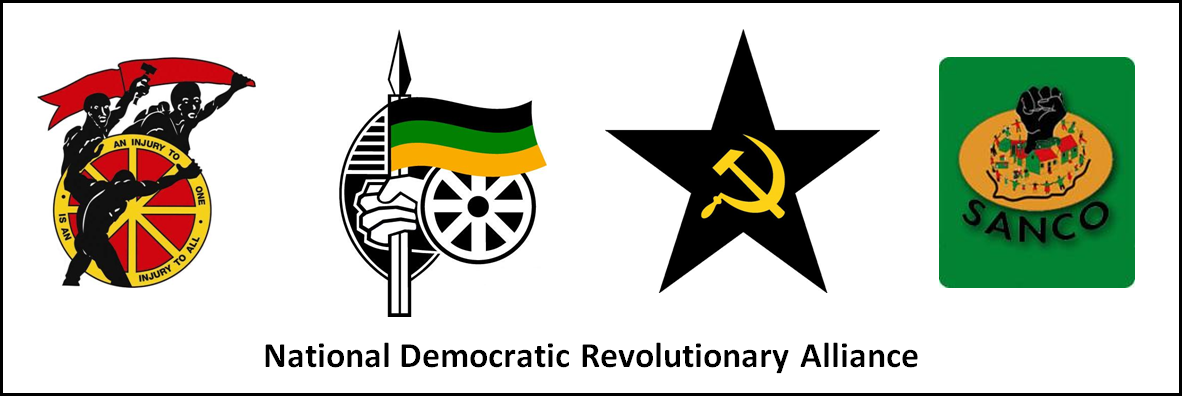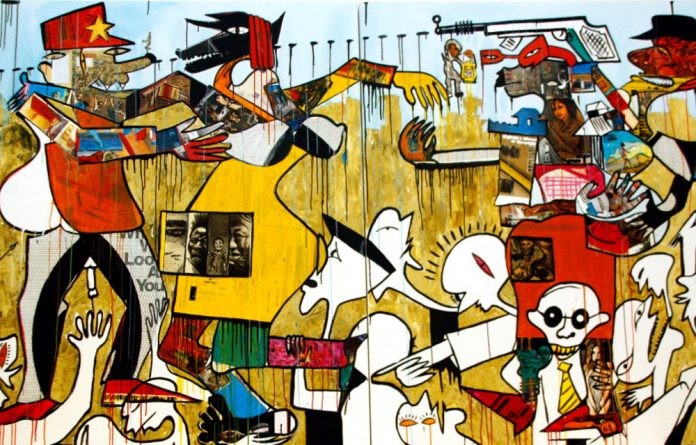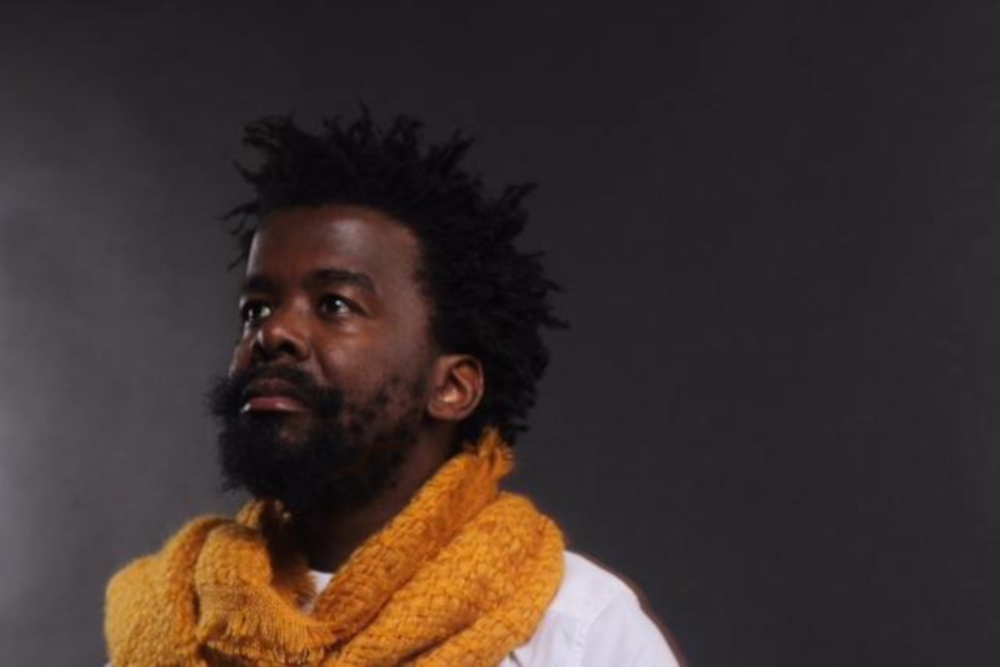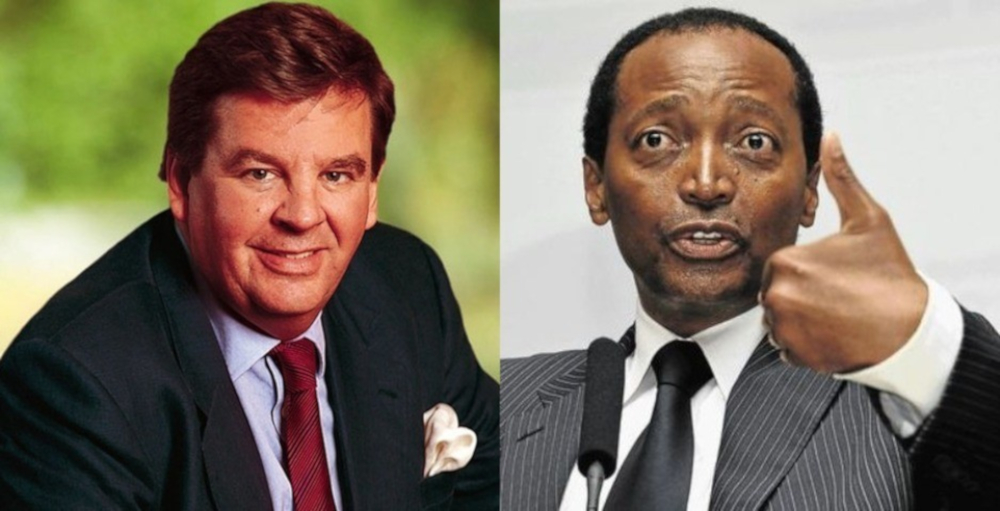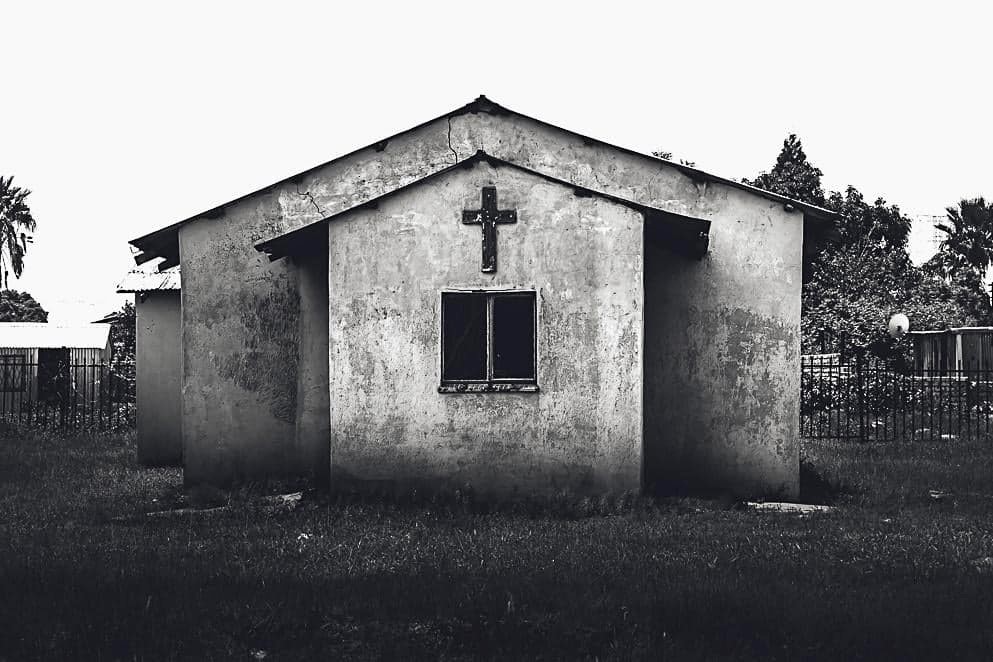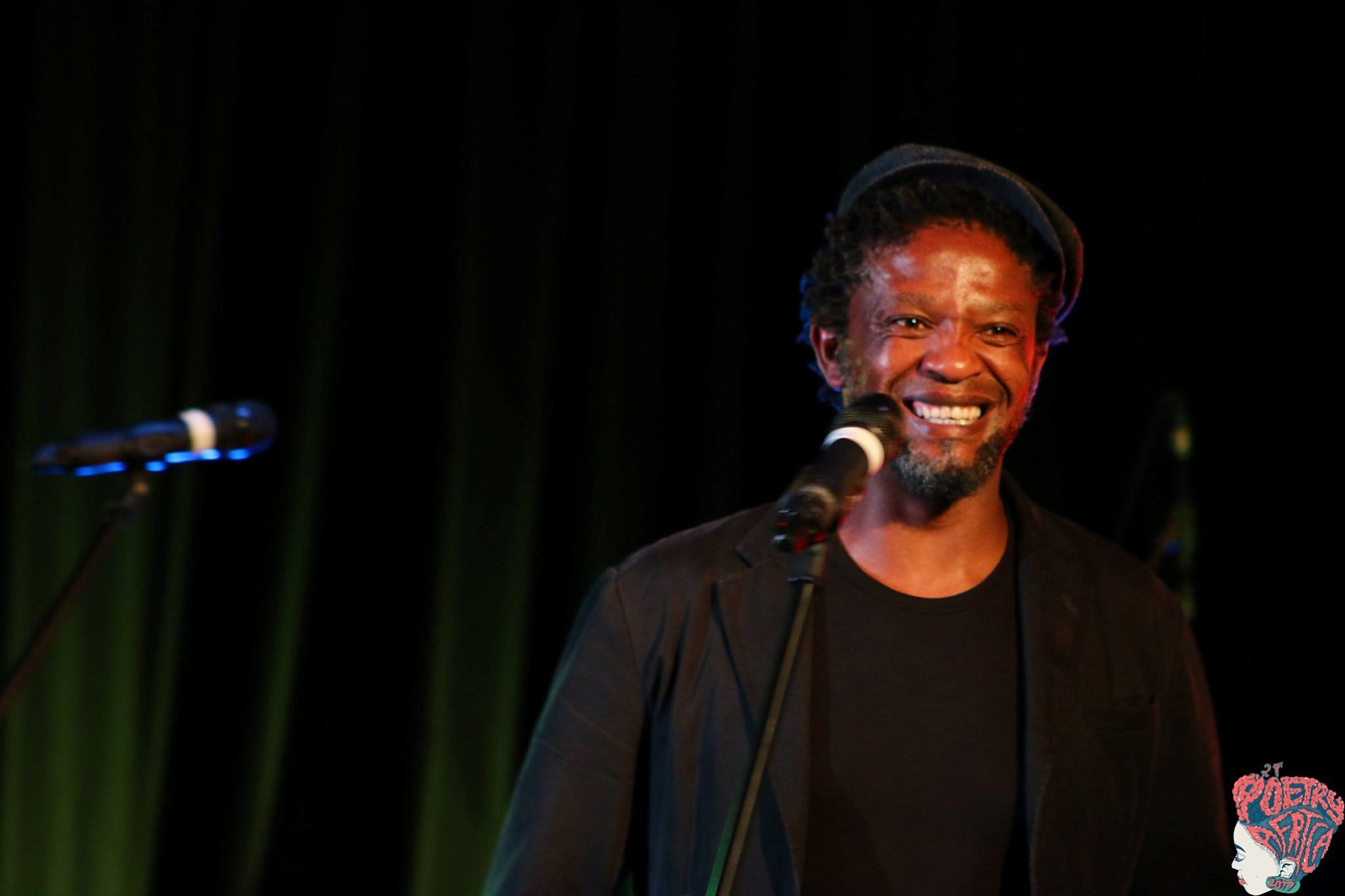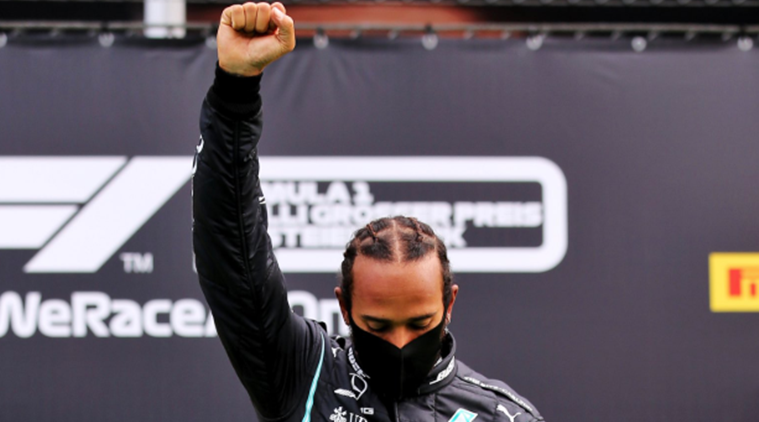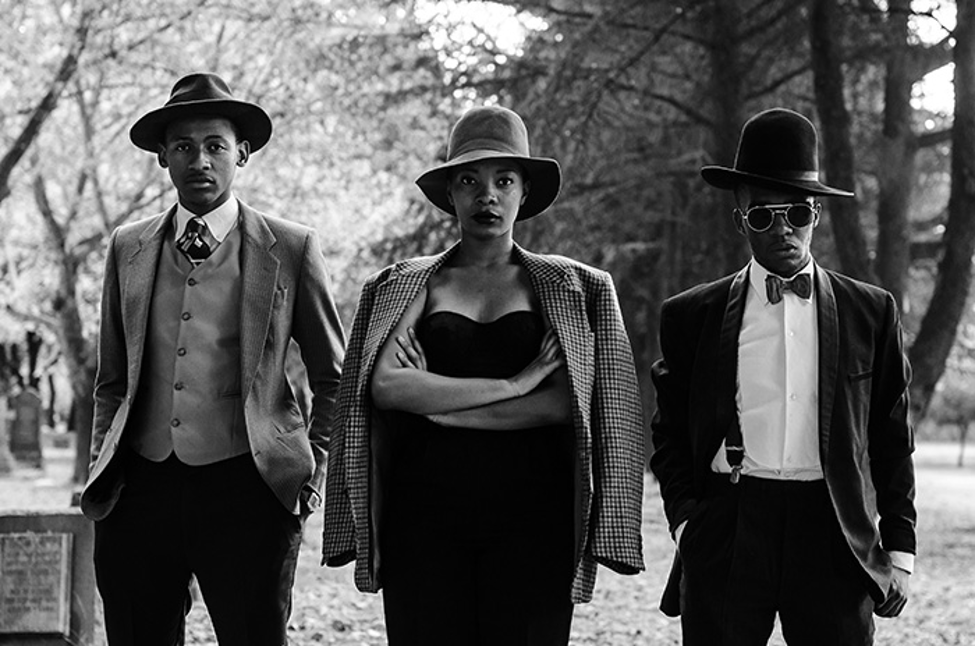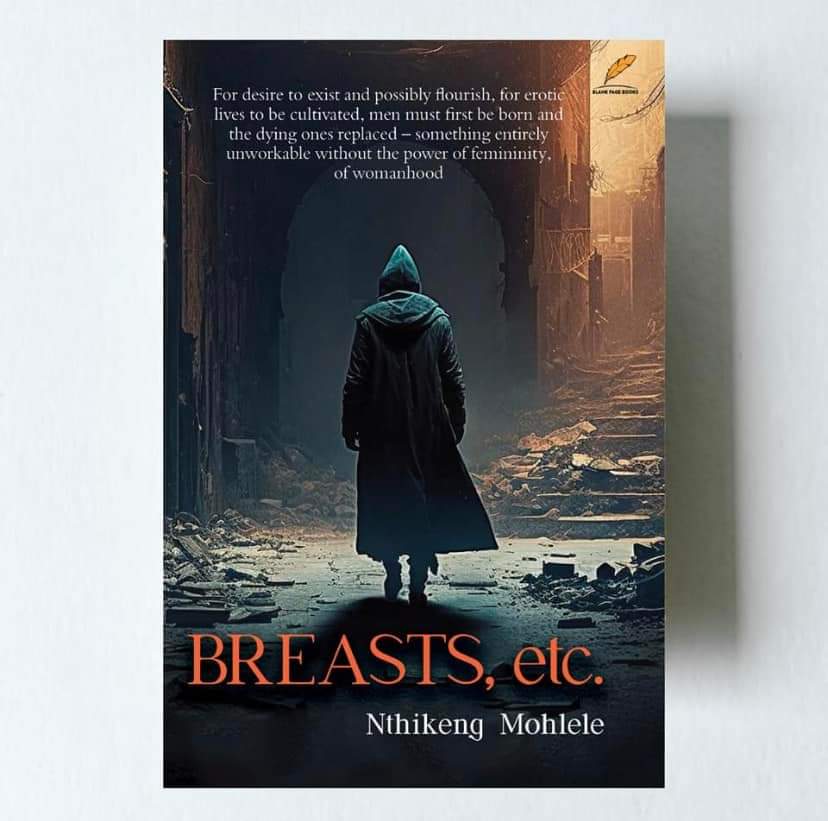We are here because of a faulty conception of the National Democratic Revolution (NDR). By negating the idea of the collective ownership of national productive forces, as well as failing to see the structure of the economy as the problem — and not merely individuals — weird initiatives became markers of “transformation” and “development”.
Examples? Food parcels and feeding schemes are part of these weird initiatives as markers of transformation — typical representations of the false sense of delivery of services to the so-called masses. Oh yes, we must also not forget soup kitchens. All these represent no threat to the nature of property relations.
Or perhaps we are naive, and these are part of reforms? Reforms? Maybe. But to what logical end, then? To perpetual beggary? Then this NDR is a damp squib; a conceptual step-child of the vulgarised Radical Economic Transformation and "deferred" socialism.
Oh well, perhaps, let's do this to hammer the point home. Here we are; we find ourselves in a desert (of racialised and gendered capitalist oppression) yet we never lose hope. And this is because we believe that we possess the willpower to take ourselves to safe lands — to the land of sufficient water, food, etc. (the promise of freedom with rights and access to everything we were hitherto denied as Blacks).
We realise, and thus all agree, that it is Peter who has deliberately driven us to the fringes of society. These are the fringes of handed down morality and politics — it is where we live for the other, not ourselves. Out of this, we then realise the need to bring about a new reality (hence the NDR).
As such, we say to ourselves, “we shall fight Peter, take over the apparatuses of power and make our society free for everyone oppressed; yet, we will never kill Peter, he will have to live side by side with us” (South Africa belongs to all those who live in it).
Well, fast forward, we manage to take away political power from Peter, and make him fend for himself in civil society (which includes the corporate sector). We assumed power. Power? No, we assumed office. This is why.
Peter left with power, and this was “validated” by the arrangement with the white power structure that made Peter who he is. As such, Peter was let off the hook. Instead, we go back to Peter for shares in his company; we make policies for Peter and his extended family members (global/foreign investors) to come and feed at the trough of an “investor-friendly” Republic — while we feed Philani false iconographies of hope.
Out of this, we hesitantly nibble at some reforms — without offending Peter locally, and his extended family globally (investors). It is as a result of this fear to offend Peter and his extended family, that the idea of the collective ownership of the productive means was abandoned (while rhetoric maintains the iconography of its possibility). When this idea was abandoned, what then became not only possible but acceptable ways of doing things for the “black-led government”?
It was grants, food parcels, feeding schemes and soup kitchens — the things that do not threaten the capitalist establishment at all. Things that only legitimised it. At a national level, Peter offered politicians shares; and some became non-Executive Board Members of big companies (banks, insurance companies, mobile network companies, etc.). This was a way of managing Black working class rage around issues of “inclusion in the economy” (this is while, on the ground, Philani and his family members were, and are, still fighting over R8 000 catering tenders for a day’s event at the municipality — if not trampling over one another for social grants).
Remember, Black shareholders in Peter's company were and still are faces without a factor — because Peter holds majority shares, and makes the major investment decisions. As such, the language “we have mobilised donations from the private sector for food to give to the poor” … implies monies gotten by the grace of Peter, directly or indirectly, to buy food parcels for the poor. Charity, to establish feeding schemes (thanks to Peter's “generosity” and some funds from DOE generated out of taxes from Peter and his extended family businesses).
Here is the point: In the context of the absence of the collective ownership of the means of production — food parcels, feeding schemes and soup kitchens mean begging Peter to bribe the so-called masses for votes (managing Black anger over poverty and other bread-and-butter issues). In this case, a revolutionary is no different from a humanitarian or philanthropist; a reality which conforms to the status quo and whitewashes a people’s understanding of the underlying structural injustices.
Peter feeds his infants; this is Philani's family — the Black political cohort is assigned as care-givers (safety valves against uncontrollable Black working class rage). When infants cry from poverty, and the youth suffer unemployment, racism, patriarchy, sexism, misogyny, etc. — the co-opted Black political elite are tasked with putting a food parcel dummy in their mouths — lest they make noise for our “noise-sensitive guests” (investors who don't want to pissed off by cries of wage increases, nationalisation of the commanding heights of the economy, free education, etc.).
When the communist cousin says, “but Peter is a capitalist” the response is, “we are a broad church”. But upon a closer look, the church has been turned into Peter’s backyard, his gospel is the only one issuing from the pulpit; and Philani’s family members are mere congregants. The best meaning they feel they can make of their lives is to compete to become altar boys and girls (befriend Rupert and Oppenheimer), and not to challenge scripture (the dogmatic gospel of neo-liberalism and white privilege).
Upon believing that rejecting this gospel and overturning its message will take a lifetime, communist cousins reconcile their ideas with the message in the scripture; they jostle to be part of the political cathedral that lives out the commands of Peter and his extended family (Parliament and Cabinet). Philani and his family are now told that the claims of socialism must pass by the “broad church” — they can't bypass it, or else they don’t understand the nature of the broad church and its affiliates (tripartite alliance relations).
Out of this a clear message, collectively crafted by Peter and members of his political extensions, Cabinet and Parliament) has been sent to Philani and his family — “we must not kill the goose that lays the golden eggs” (we must not destroy the economy, on which the future depends, by demanding higher wages, fighting against public assets being owned by individuals, wanting free basic services like water, electricity, houses, education, etc.).
When Philani and his family ask, “But who is this goose laying the golden eggs for, because we have been suffering, we have been promised a better life?” — they are reminded of welfare grants and other extensions of charity for which “they must be grateful”. Philani and his family still have to go back to exploitative work, they live in the gutter that they have been made to believe is Black life. The rising costs of food exact a heavy toll on them, they are indebted because they have to compensate for their small wages by borrowing (the personal loan portfolio of banks is one of the biggest portfolios), and some family members do not work at all, etc.
When Philani’s cousins outside of the church (Black radical thinkers) say, “Peter is a settler; his mission is to preserve the white, capitalist power structure and privileges for him and his extended family”, the response becomes, “Yes, they have traumatised us for more than four centuries; but we saw it fit to pardon Peter and his family members in the 1990s; we are a forgiving nation, even though some of his family members refused to come to the Truth and Reconciliation Commission. Peter shall be okay over time; our democracy shall mature; Peter shall see the truth that we are human too, now that we are a non-racial society”.
In the meantime, those who have become sheepish altar boys (Black elites, young and old) buy mansions, game reserves, yachts, etc. The safari ticket was and is still BEE. And so, Philani and his associates continue to suffer. The gospel of transformation never brings salvation to them. They are blamed for their misery; they are said to be lazy and lacking skills — while venture capital deals, thanks to BEE, create Black construction moguls who don't own even a spade at home; and whites without matric play golf all day yet live beyond the means of every other race.
At the moment, the altar boy under the command of Peter and his extended family is the man they call ‘the Buffalo’. Philani and the family need your help; they are tired of the rehearsed political promises, renewed before every election, upon which they are expected to sheepishly shout a big AMEN. Is this fair? What would be the justified cause, for Peter and the family to surrender their stranglehold on the reins of the economy? For how long should Philani and his family wait for the altar boys to beg Peter; to bribe them as part of managing Black rage?

